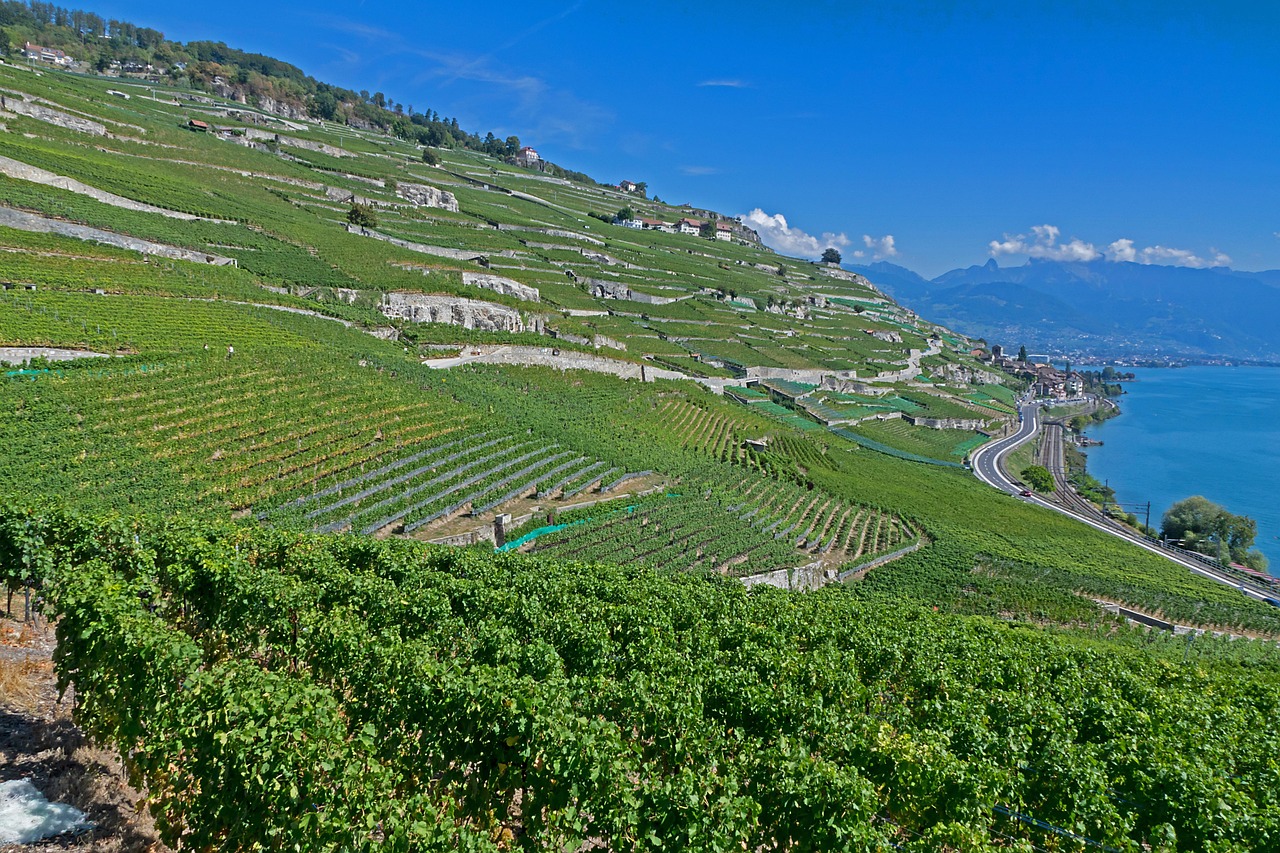Introduction to Wine Making
Wine making is a rewarding and enjoyable hobby that can be done from the comfort of your own home. With the right equipment and a bit of patience, you can create delicious and unique wines to share with friends and family. In this article, we will cover the basics of wine making and provide a step-by-step guide for beginners.
Equipment Needed
To get started with wine making, you will need the following equipment:
- Primary fermentation vessel (food-grade plastic or glass)
- Secondary fermentation vessel (glass carboy or demi-john)
- Hydrometer (for measuring specific gravity)
- Wine thief (for sampling wine)
- Airlock and bung (for allowing CO2 to escape)
- Siphon and racking cane (for transferring wine)
- Campden tablets or potassium metabisulfite (for sterilization and stabilization)
- Wine yeast (specific to the type of wine being made)
- Wine grapes or juice (specific to the type of wine being made)
Step-by-Step Guide to Wine Making
Here is a basic step-by-step guide to wine making:
- Prepare the must: Crush and de-stem the grapes, then add water and any necessary additives (such as acid blend or pectic enzyme) to create the must.
- Cold soak: Allow the must to cold soak for 24-48 hours to extract flavors and colors from the grape skins.
- Primary fermentation: Transfer the must to the primary fermentation vessel and add yeast. Allow the mixture to ferment for 7-10 days, or until the bubbles in the airlock slow down.
- Pressing: Press the wine to separate it from the grape skins and seeds.
- Secondary fermentation: Transfer the wine to the secondary fermentation vessel and fit it with an airlock. Allow the wine to ferment for an additional 2-3 weeks, or until the bubbles in the airlock stop.
- Racking: Rack the wine (transfer it to a new vessel) to clarify and separate it from any sediment.
- Bottling: Bottle the wine and store it in a cool, dark place for at least 6 months before consuming.
Pro Tips for Wine Making
Here are a few pro tips to keep in mind when making wine:
- Sanitize all equipment thoroughly to prevent contamination and spoilage.
- Monitor the temperature and specific gravity of the must and wine to ensure proper fermentation.
- Be patient and don’t rush the process – wine making is a slow and deliberate process.
- Keep accurate records of your wine making process to track progress and identify areas for improvement.
Frequently Asked Questions
Here are a few frequently asked questions about wine making:
- Q: What is the best type of grape to use for wine making?
- A: The best type of grape to use will depend on the type of wine you want to make. For example, Chardonnay and Merlot are popular choices for beginners.
- Q: How long does it take to make wine?
- A: The time it takes to make wine will depend on the type of wine and the method used. Generally, it can take anywhere from a few weeks to several months to complete the wine making process.
- Q: Can I make wine without any special equipment?
- A: While it is possible to make wine without any special equipment, it is not recommended. Specialized equipment, such as a hydrometer and airlock, can help to ensure that your wine turns out well and is safe to drink.
